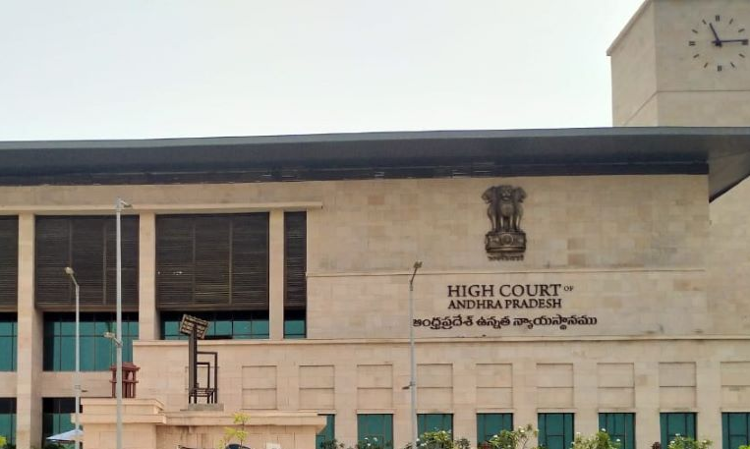The Andhra Pradesh High Court has ruled that the GST penalty cannot be imposed without giving the taxpayer an opportunity of hearing.The division bench of Justice C. Praveen Kumar and Justice V. Sujatha has observed that any rectification under Section 161 of the CGST Act, which adversely affects any person, is possible only after following the principles of natural...

